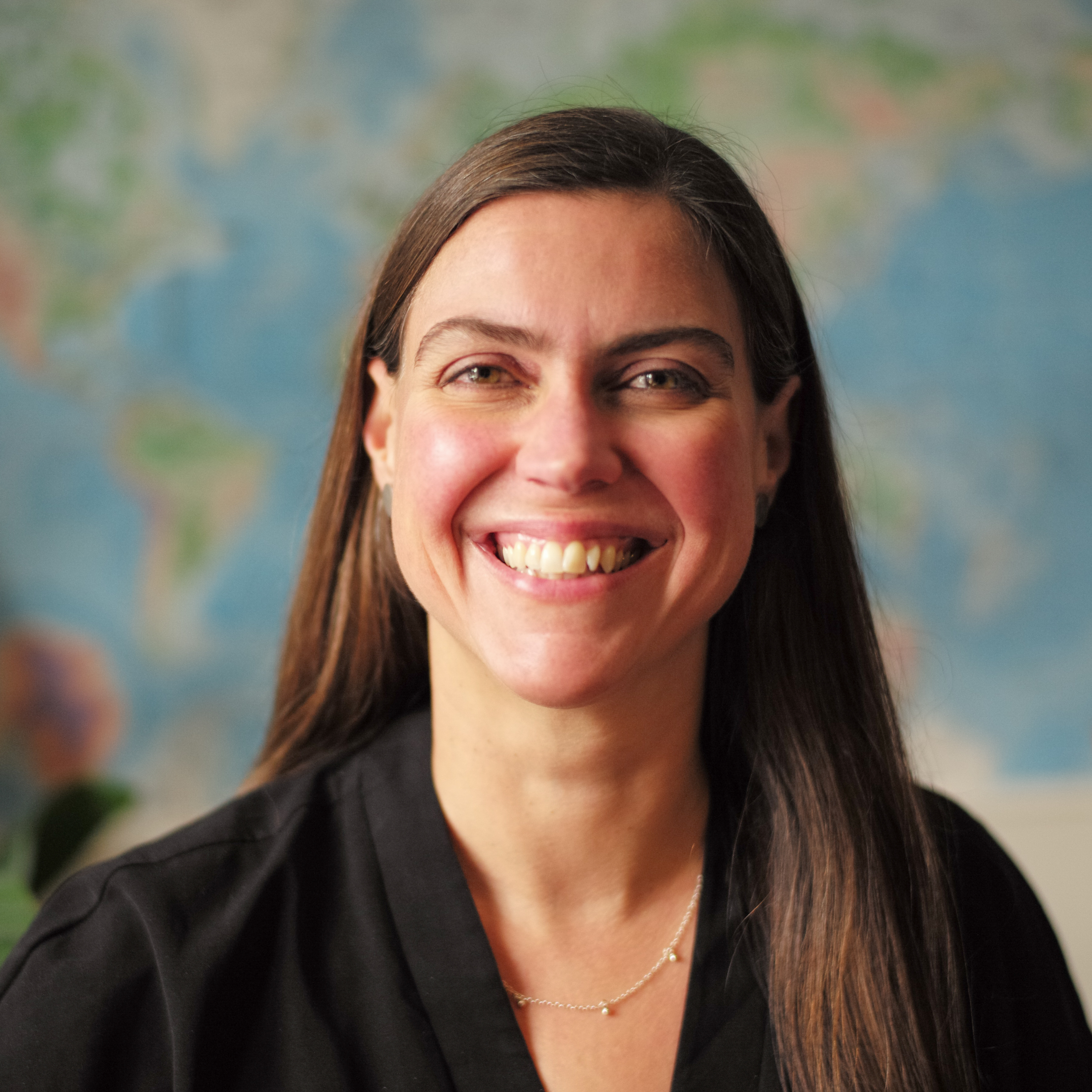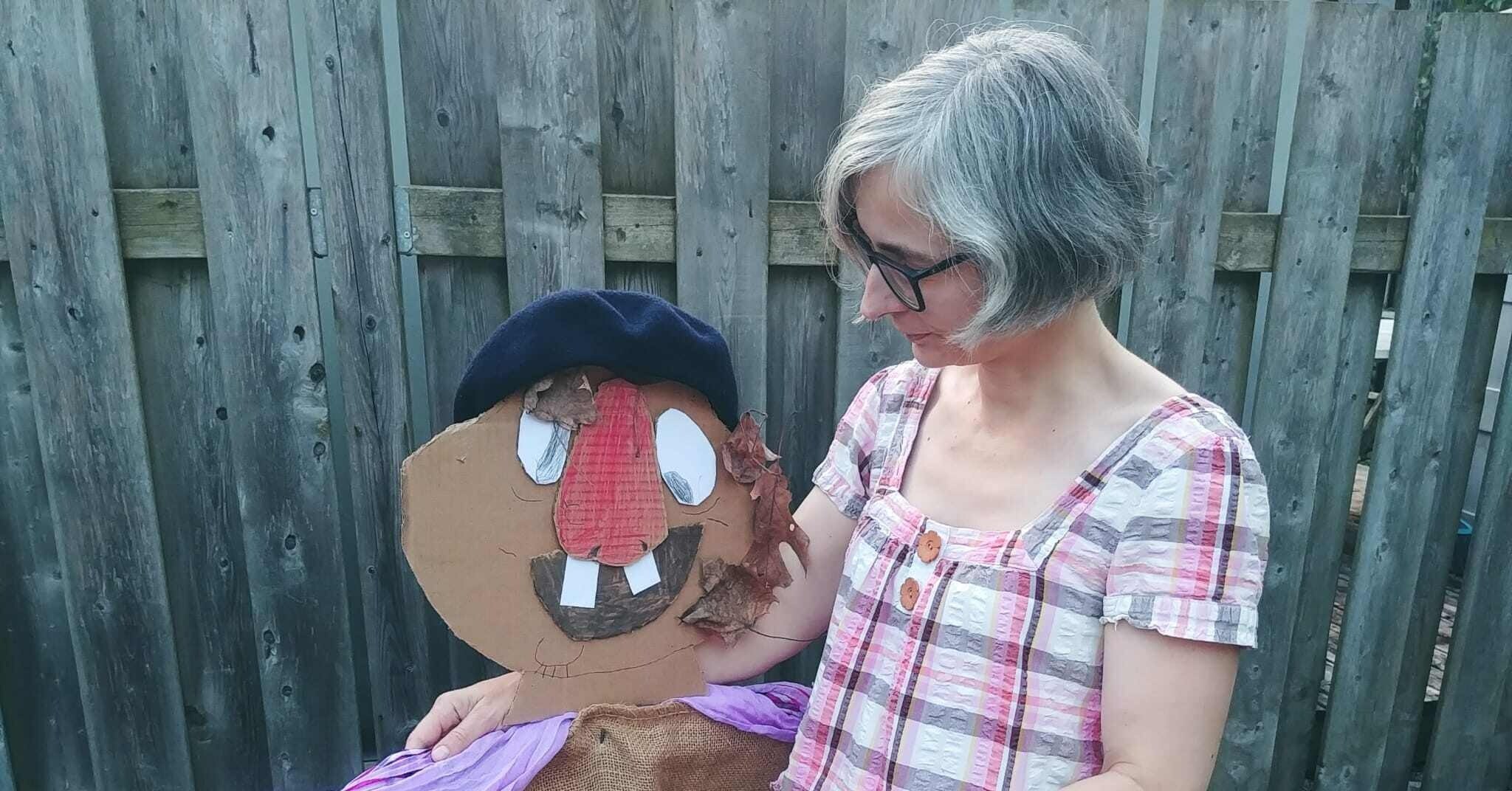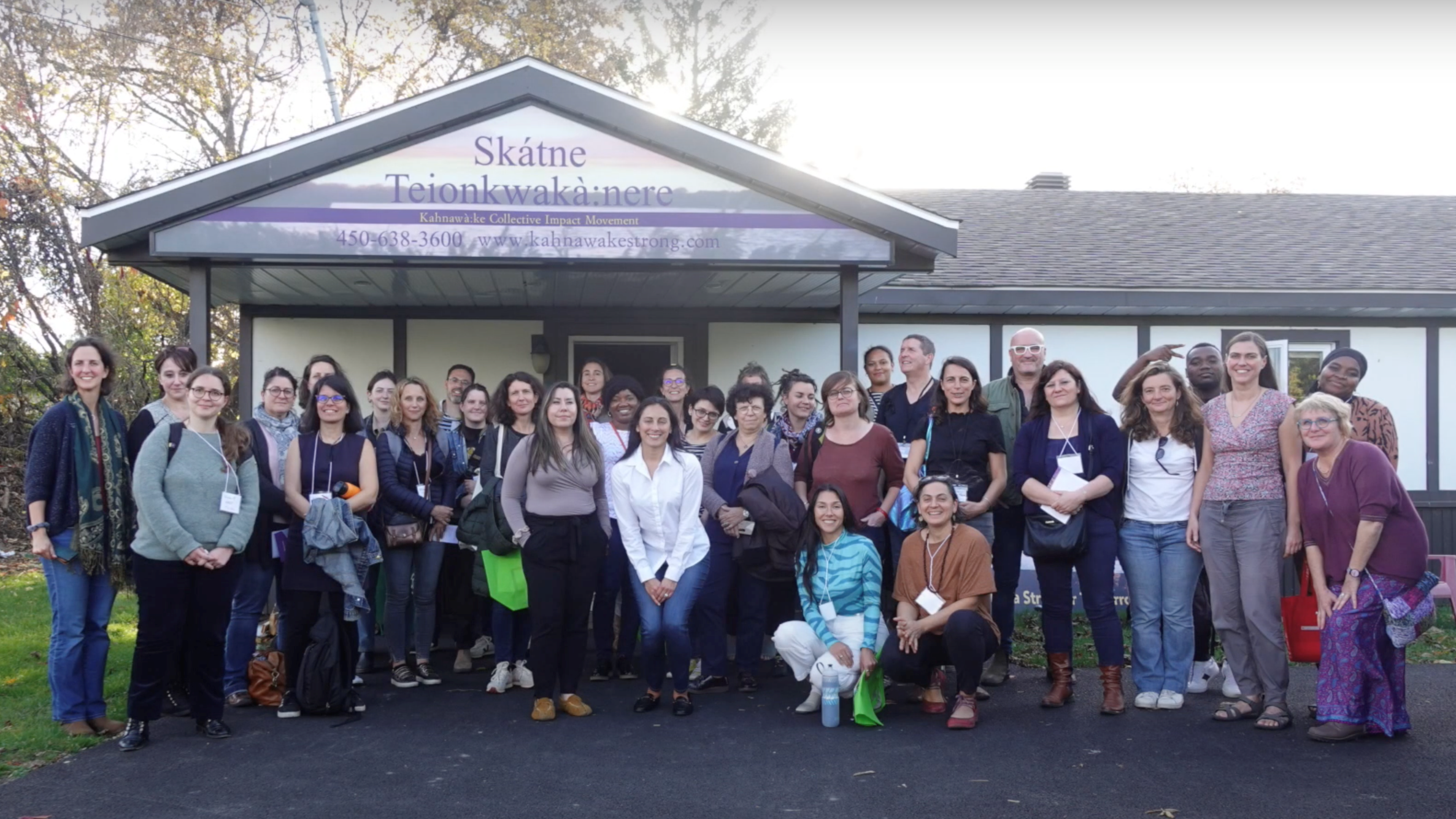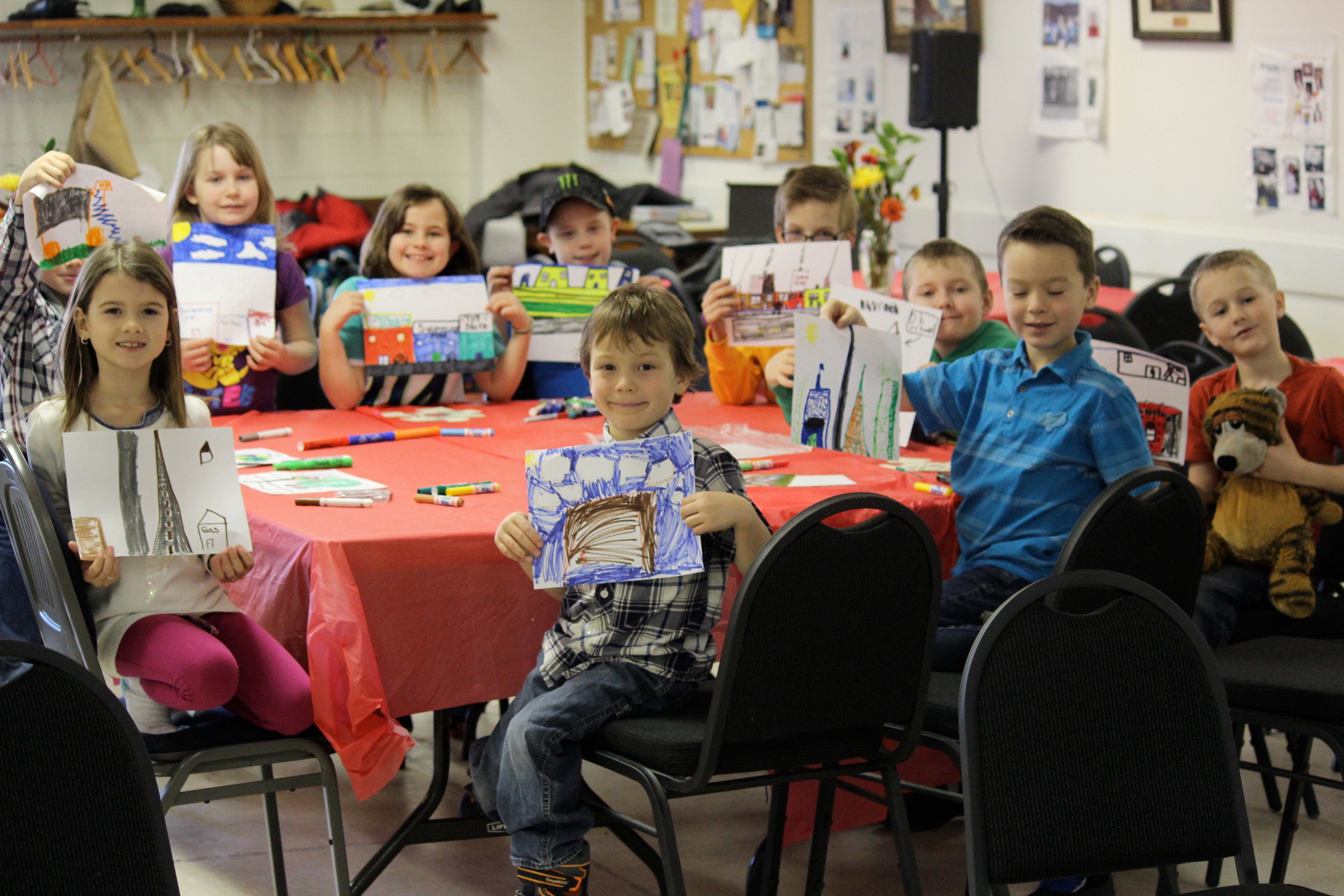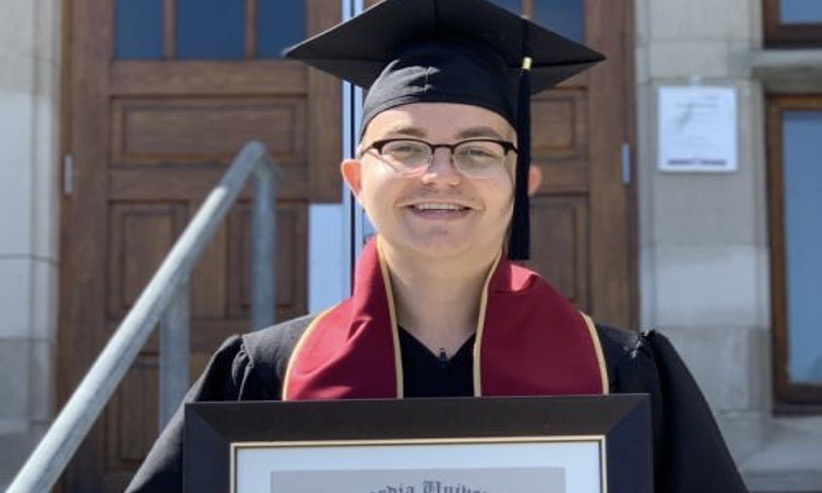Our Francophone Strategy 2022 Insights: Learning, Sharing, and Deepening Relationships
By Myriam Bérubé
Consulting Director, Québec and Francophone communities
At the Tamarack Institute, we aim to be valuable collaborators for French-speaking communities across Quebec, Canada, and beyond. Our team strives to develop French-language learning opportunities and resources and cultivate meaningful partnerships, connections and collaborations with Francophone learners, organizations, and communities.
At the heart of our Francophone strategy are three guiding principles:
- LEARN from the innovative experiences of Francophone communities in Quebec and across Canada; share and amplify their voices in our learning network through our publications and events.
- SHARING Tamarack’s knowledge by building the capacity of changemakers through training, coaching and networking.
- DEEPENING RELATIONSHIPS with diverse francophone organizations through our engagement in collective projects.
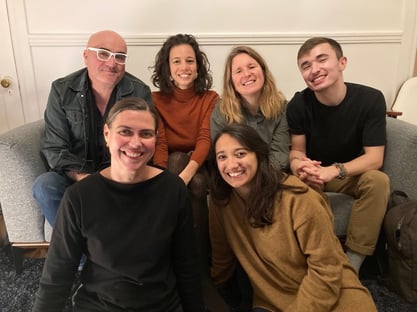
Tamarack team members based in Montreal: Jean-Marie Chapeau, Laura Schnuur,
Astrid Arumae, Kieran Maingot, Myriam Bérubé and Layla Belmahi
What did we learn in 2022 about how the Tamarack Institute added value, as a collaborator, to Francophone organizations and communities? Take a look at our insights and contributions through the following powerful stories about collaboration.
Three Inspiring Projects
Three collaborative projects have revealed to me the different roles that the Tamarack Institute can play, this includes learning from and amplifying innovative experiences from Quebec and sharing knowledge while strengthening the capacities of changemakers. They testify to how the organization has rooted itself within Francophone communities, which is accomplished by deepening our relationships with Francophone organizations and by getting involved in collective efforts.
In 2022, the Tamarack Institute demonstrated its potential and the strength of its contributions as a collaborator for Francophone organizations and communities through three inspiring projects.
Not only did these projects allow us to showcase and learn from innovative experiences within Quebec, but they also empowered local changemakers in the process by strengthening their skills and knowledge. We are proud of our strong ties to Francophone communities, which are rooted in meaningful relationships with a diverse range of organizations and our active engagement in collective initiatives.
1. From Coast to Coast: Promoting and Transferring Francophone Expertise in Our Learning Network.
The Tamarack Institute has joined forces with the Maison de l'innovation sociale (MIS) and the Laboratoire en innovation ouverte (LLio), to design and deliver training on Living Labs as a place-based social innovation which fosters co-creative processes engaging the community.
Supported by the Quebec Secretariat for Canadian Relations, this project built on the synergy and collaboration of our three organizations to offer tailored training and coaching (in English and French) to a hundred participants from across the country who were looking for innovative ways to respond to complex social and environmental issues in their communities.
By providing the coordination and platforms for this collaborative project, the Tamarack Institute contributed to knowledge transfer in social innovation as we shared and amplified unique experiences from Quebec previously little known in our English-speaking network.
2. Training the Trainers, Coaching and Promoting Peer Learning in Collective Impact
The Collective Impact Territories’ pilot project has enabled the implementation of new collaborative approaches in three regions in France, thanks to support from the National Agency for Territorial Cohesion to the SCOP Accolades. The Tamarack Institute was part of a team of trainers and coaches made up of Niska, Dynamo and Accolades. Our team translated, adapted, and transferred its knowledge, tools, and extensive experience of collective impact across Canada to the French context. We trained the trainers and offered continuous coaching to those directly supporting the communities. As a result of this support, the communities developed a common vision, a common agenda, and new collaborative practices. Accolades also trained the French government administration on collective impact at the national level, hence influencing public policies and programs to better support the collaborative initiatives emerging at the local level.
Finally, about twenty participants from France took part in a study trip to Quebec to learn about the initiatives of the Collective Impact Project. The visit to Kahnawà:ke, organized with our partners from Kahnawà:ke Collective Impact will remain a highlight for our French allies who were able to better understand the realities of this community and the deployment of collective impact in an Indigenous context.
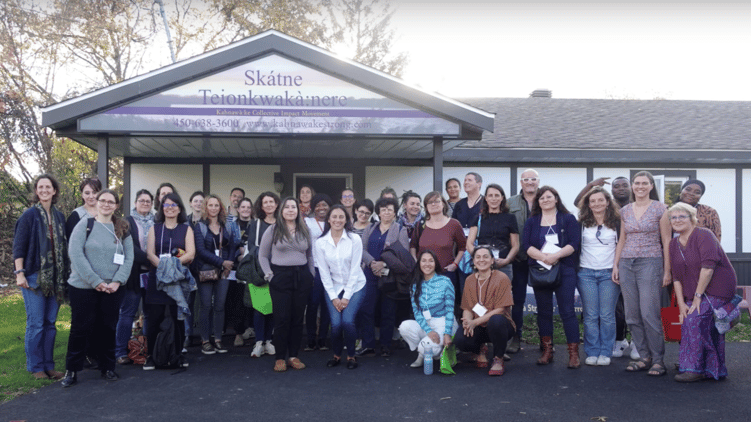
3. Contributing to Co-design and Reinforcing the Existing Ecosystem
Involved in the steering committee of the États Généraux en développement des communautés, I was very impressed by the scope of this initiative which mobilized about forty collaboratives in Quebec during the Tour d'horizon (to reflect on current practices). More than 450 participants representing 350 organizations were present at the national gathering. Through a dialogue based on the analysis of the needs, issues, aspirations and challenges shared by the communities of Quebec, we collectively identified what seemed essential to the future of community development practices in the province. During the event, I had the pleasure of co-hosting the panel of ambassadors for the four pillars of community development (social, economic, environmental, and cultural development) and facilitated the workshop "Convergence and Intersectoral Work", where I met inspiring and committed people who carry within them the ambition for a Quebec proud of its diverse regions.
We will make our contribution to the major projects which, as a follow-up to the event, will be implemented in 2023 to collectively address complex issues such as climate transition, equity, funding, sustainability, and turnover in the community sector, among others.
Thus, these three collaborative projects, among many others implemented in 2022, illustrate different facets of the unique and complementary role of the Tamarack Institute within the French-speaking social impact ecosystem. Our efforts to amplify Francophone voices and experiences, to train the trainers supporting the communities and to co-design with other changemakers all contributed to increasing our collective impact.


